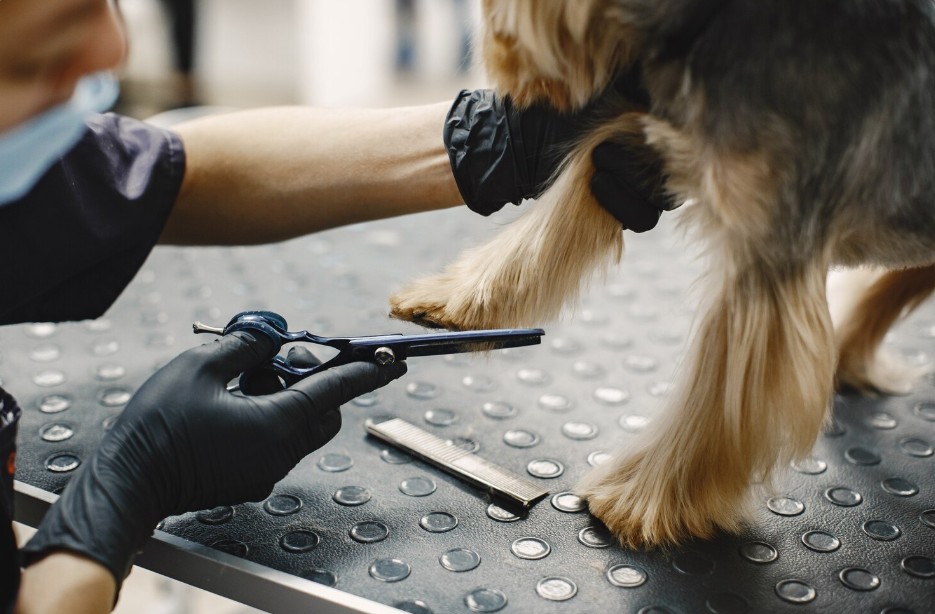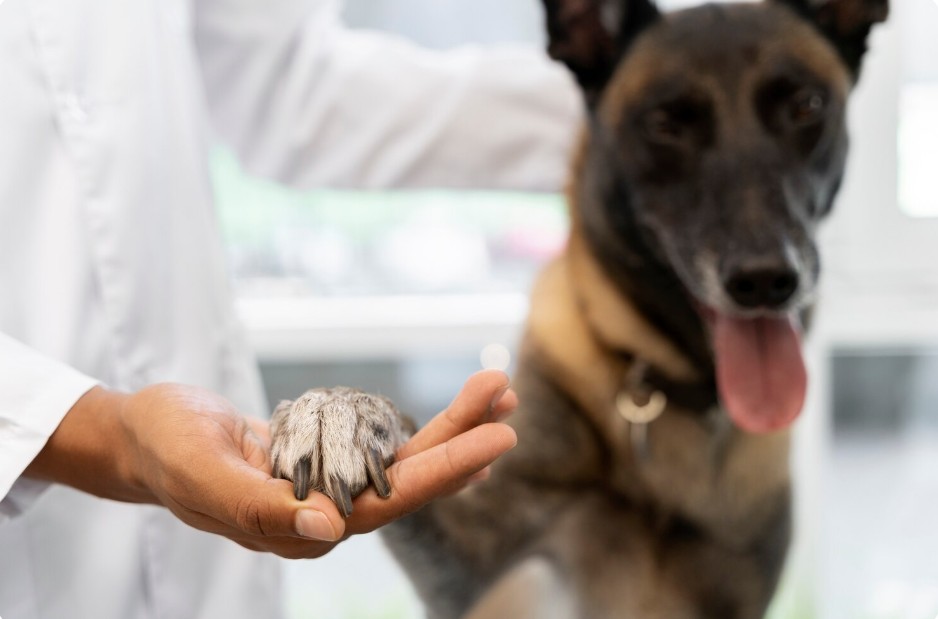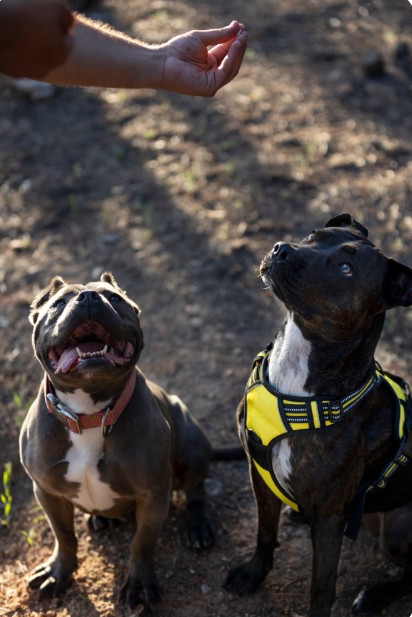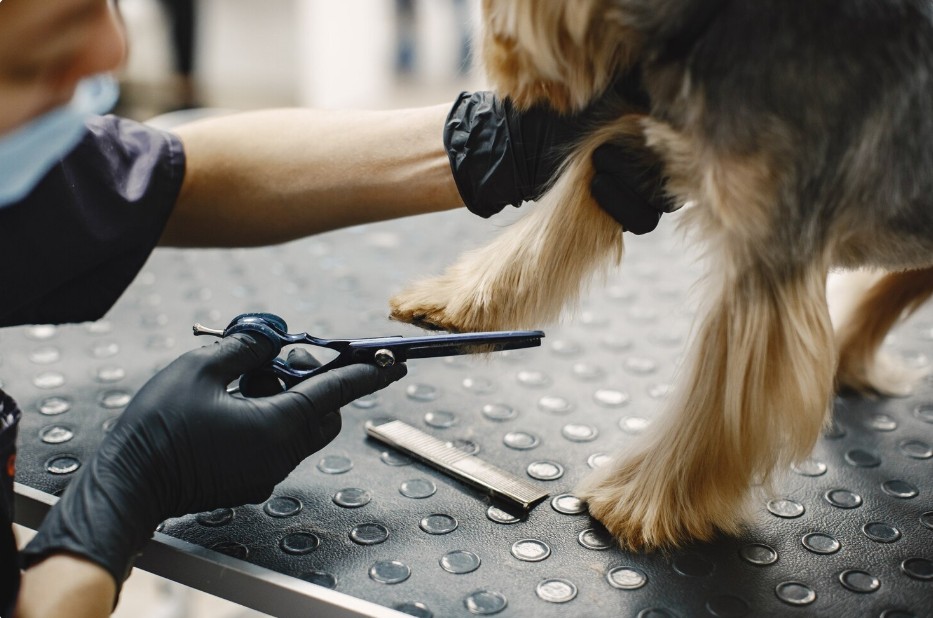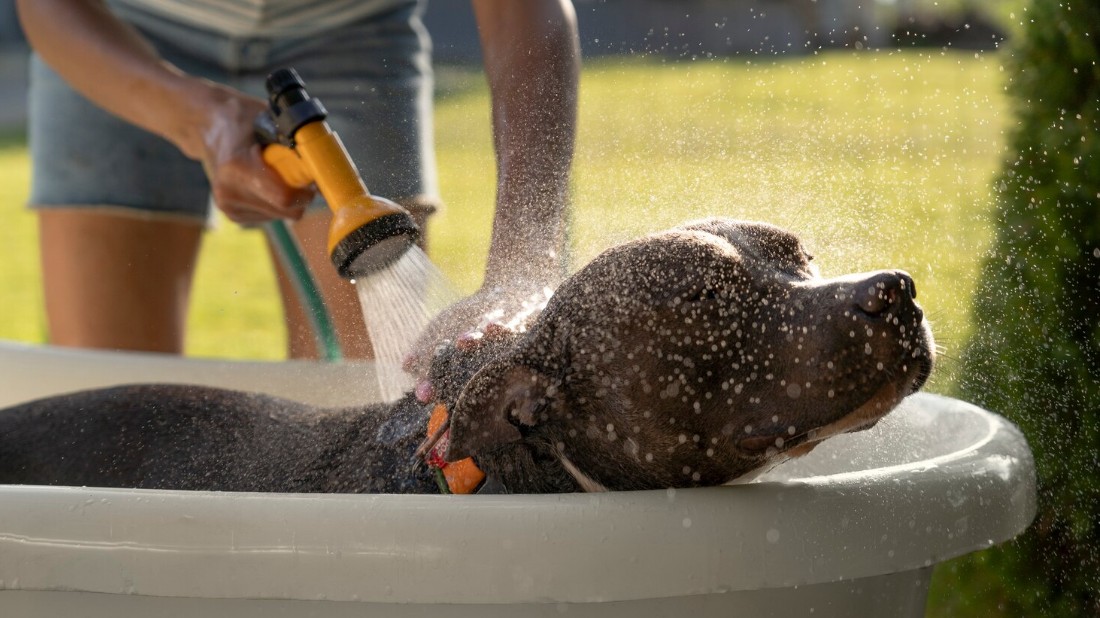The tragic tale of Leia, a Dutch Shepherd Dog, continues to reverberate through the pet-loving community, reminding us of the dire consequences of negligence in the world of canine training. Leia's story serves as a stark reminder of the profound impact that inadequate training and care can have on our furry companions. As we delve into this chapter, we explore the broader issue of transparency within the canine training industry and the need for accountability in the face of professional K9 training complaints.
The Heartbreaking Journey of Leia
Leia's narrative is exceptionally disheartening, marked by adversity and anguish, compelling us to examine the precise elements that resulted in her tragic outcome.
This section sheds light on the events that unfolded and the professional K9 training complaints that emerged.
A. The Promise of Professional K9 Training
Like many enthusiastic pet owners, Leia's family believed in the potential of professional canine training to transform their beloved pet into a well-behaved, disciplined companion. With hopeful hearts, they entrusted Leia to a training facility that promised expertise, care, and dedication.
B. The Negligence and Tragedy
However, Leia's journey took a devastating turn when she found herself in the care of a facility that fell short of the high standards it had promised. The training environment proved to be hazardous, and the trainers' methods lacked the expertise and ethical commitment necessary for a safe and productive training experience.
As days turned into weeks, Leia's health and well-being began to deteriorate. She suffered from neglect, harsh treatment, and, ultimately, a tragic and untimely demise. This heartrending experience serves as a reminder of the significant repercussions of professional K9 training complaints that go unaddressed.
The Broader Issue of Transparency
The issue at hand extends beyond a single incident; it mirrors a more comprehensive problem within the canine training industry. The industry's deficit in transparency and accountability can have severe consequences for pets and their owners.
A. Professional K9 Training Reviews and Complaints
Leia's case is not unique when it comes to professional K9 training reviews and complaints. Many pet owners have shared their harrowing experiences, highlighting instances of neglect, mistreatment, and a lack of accountability within the canine training industry.
B. The Importance of Transparency
Transparency is a cornerstone of accountability, and it is crucial in the world of pet training. Pet owners deserve to have complete information about the facilities and trainers they entrust their beloved companions to. Transparency can help potential clients make informed decisions and prevent tragedies like Leia's from occurring.
Lessons from Leia's Tragedy
The plight revealed in Leia's story underscores the imperative for reform within the realm of canine training. Her distressing journey has shed light on vital principles that can shield our cherished pets from undergoing analogous ordeals. These instructive takeaways apply not exclusively to pet owners but extend to encompass the entire domain of pet training.
A. Vigilance in Choosing Canine Training Facilities
Research and Qualifications: One crucial lesson from Leia's story is the importance of thoroughly researching and verifying the qualifications of training facilities and trainers. It is essential to ensure that they possess the expertise and certifications necessary for responsible pet training.
Recommendations and Referrals: Seek recommendations and referrals from friends, family, or local pet communities. Hearing about positive experiences from people you trust can provide valuable insights and guide you towards responsible and ethical training providers.
Facility Visits: Whenever possible, visit the training facility in person. This allows you to assess the cleanliness, safety measures, and overall atmosphere. Trust your instincts and be attentive to any red flags that may arise during your visit.
B. Transparency and Communication
Express Expectations: When initiating the training process, communicate your expectations clearly with the trainer or facility. Outline your goals and any specific concerns, ensuring that both you and the trainer are aligned in their approach to your pet's training program.
Raise Concerns Promptly: Do not hesitate to raise concerns immediately if you notice any changes in your pet's behavior, health, or overall well-being. Swift action can prevent issues from escalating and jeopardizing your pet's safety.
Set Expectations for Updates: Establish a routine for receiving updates on your pet's progress and well-being. Clear and regular communication can provide peace of mind and maintain trust between you and the training provider.
Documentation: Keep written records of all communications with the trainer or facility, including emails, text messages, and notes from phone conversations. This documentation can be crucial if disputes or concerns arise in the future.
C. Prioritizing Safety and Comfort
Shelter from Extreme Weather: Ensure that your pet has access to shelter and protection from extreme weather conditions, such as excessive heat or cold. Providing a comfortable and safe environment is vital for their well-being.
Access to Food and Water: Regular and reliable access to food and clean water is essential for your pet's health. Neglecting these basic needs can lead to severe health problems and discomfort.
Protection from Extreme Conditions: Protect your pet from environmental hazards by limiting outdoor activities during extreme weather or providing appropriate protective gear, such as dog boots for icy terrain or sunscreen for sunny days.
D. Advocacy and Accountability
Voice Concerns: If you suspect issues with your pet's care or safety, act promptly by engaging in open dialogue with the trainer or facility. Ask questions, express concerns, and keep detailed records of your conversations.
Seek Justice: If neglect or mistreatment is confirmed, be prepared to take legal or regulatory action. Consult with an experienced attorney in animal rights for guidance and understanding of your rights and options.
Raise Awareness: Share your experiences to raise awareness about pet safety and responsible training. Use social media and pet communities to spread your story, connect with animal advocacy groups, and advocate for positive changes in the pet training industry.
Bottom Line!!
Leia's tragic journey has become a symbol of the urgent need for change within the canine training industry.
As pet owners, it is our duty to ensure the safety and well-being of our companions, and Leia's story compels us to be vigilant and demand transparency in the pet training industry. By sharing her story, raising our voices, and advocating for positive change, we can honor Leia's memory and prevent similar tragedies from occurring in the future.
Identifying through professional k9 training complaints, Leia's legacy serves as a reminder that together, as a community of pet lovers, we can make a difference and protect our furry friends from harm.

